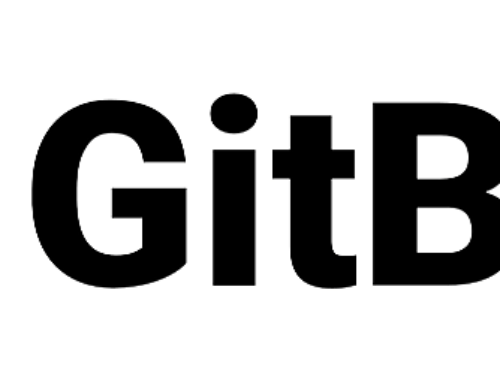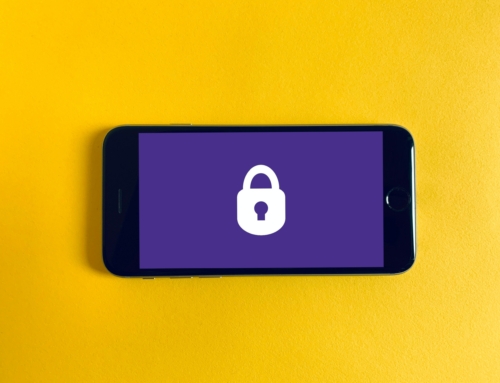Effective communication is vital for nonprofits aiming to make a meaningful impact. However, limited resources often challenge ensuring impeccable writing across communication channels. Fortunately, Grammarly, the popular online writing assistant, offers a valuable solution. In this article, we explore how nonprofits can leverage Grammarly, including the opportunity to access free licenses, to enhance their communications and achieve their goals more effectively.
- Free Grammarly Licenses for Nonprofits:
Grammarly understands the budget constraints nonprofits face and offers an incredible benefit: nonprofits with 20 or fewer licenses can access Grammarly Business for free. This means that even organizations with limited resources can enjoy the features and benefits of Grammarly without incurring any costs.
- Improving Writing Quality:
Grammarly is a virtual writing tutor, helps nonprofit professionals produce polished, error-free content. By identifying and rectifying grammatical mistakes, punctuation errors, and spelling blunders, Grammarly ensures that nonprofit messages are clear, professional, and engaging. With the free licenses available, nonprofits can enhance their writing quality without straining their budget.
- Enhancing Readability:
Nonprofits often communicate complex ideas. Grammarly’s readability suggestions make content more accessible to a wider audience. By simplifying sentences, suggesting vocabulary enhancements, and improving clarity and coherence, Grammarly empowers nonprofits to ensure their messages resonate with readers from all backgrounds.
- Consistent Branding and Tone:
Maintaining a consistent brand voice is crucial for nonprofits to establish trust and familiarity. Grammarly’s tone detection feature enables organizations to align their writing with their intended brand personality. With the free licenses, nonprofits can maintain consistency across communication channels, ensuring their messages reflect their brand values.
- Streamlining Collaborative Work:
Nonprofits frequently collaborate on documents, such as grant applications and project reports. Grammarly’s integration with popular word-processing tools simplifies collaboration. Multiple team members can work on the same document simultaneously, while Grammarly provides real-time suggestions, saving time and effort. The availability of free licenses allows nonprofits to streamline their collaborative efforts without financial barriers.
- Accessibility for Non-Native English Speakers:
In diverse nonprofit teams, where English may not be the first language for all members, Grammarly becomes an invaluable resource. Its grammar and vocabulary suggestions, accompanied by comprehensive explanations, help non-native English speakers improve their language skills and feel more confident in their writing abilities. The availability of free licenses fosters inclusivity, ensuring that everyone’s voice is heard and understood.
Conclusion:
Nonprofits carry out crucial work that positively impacts communities. Effective communication is key to conveying their mission, values, and accomplishments. Grammarly empowers nonprofits by offering free licenses to enhance writing quality, maintain consistency, streamline collaboration, and support non-native English speakers. By leveraging Grammarly, nonprofits can ensure their messages are professional, error-free, and accessible to a wider audience, without straining their limited resources. As nonprofits continue adapting to a digital world, Grammarly serves as a trusted partner in maximizing their impact and connecting with stakeholders on a deeper level.





